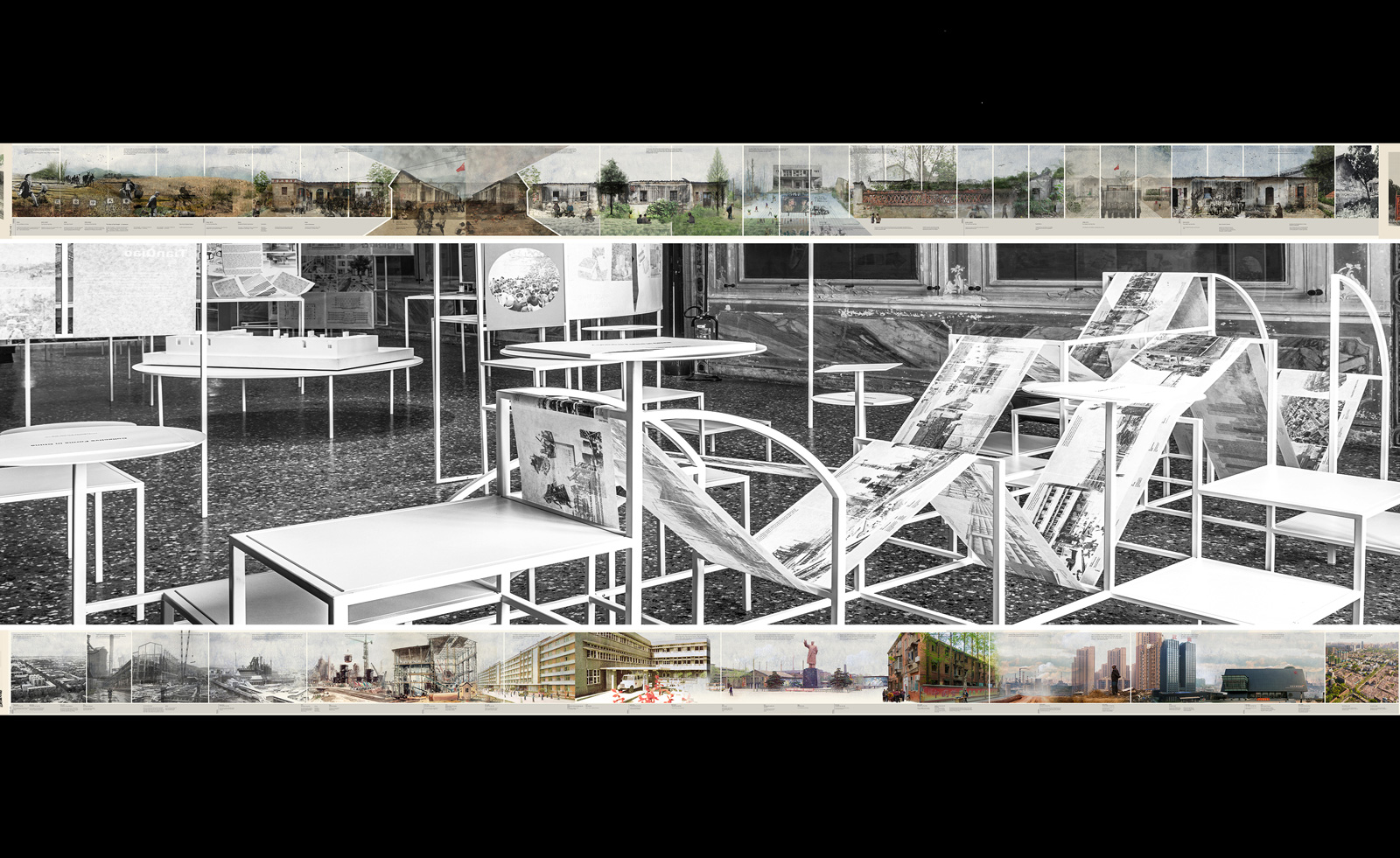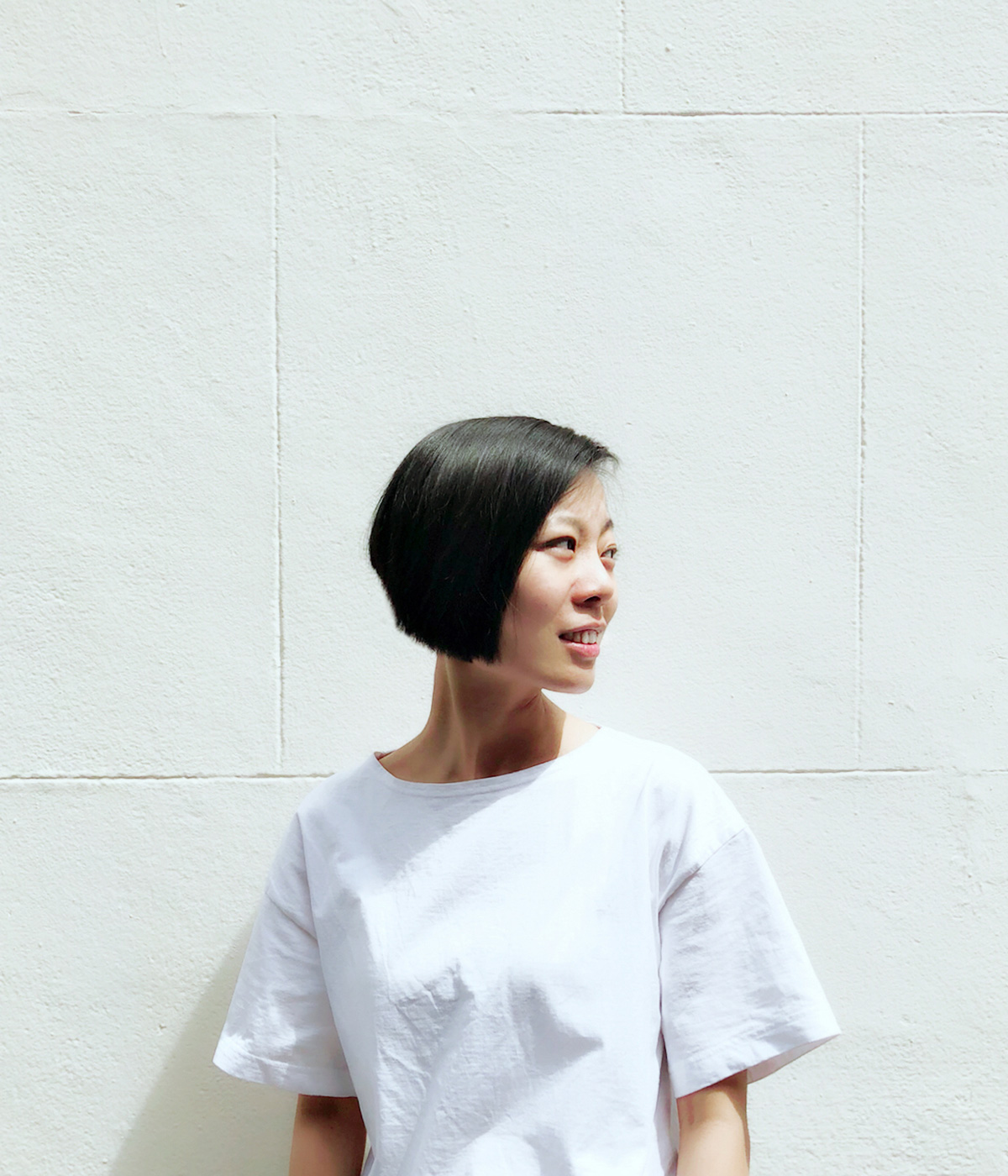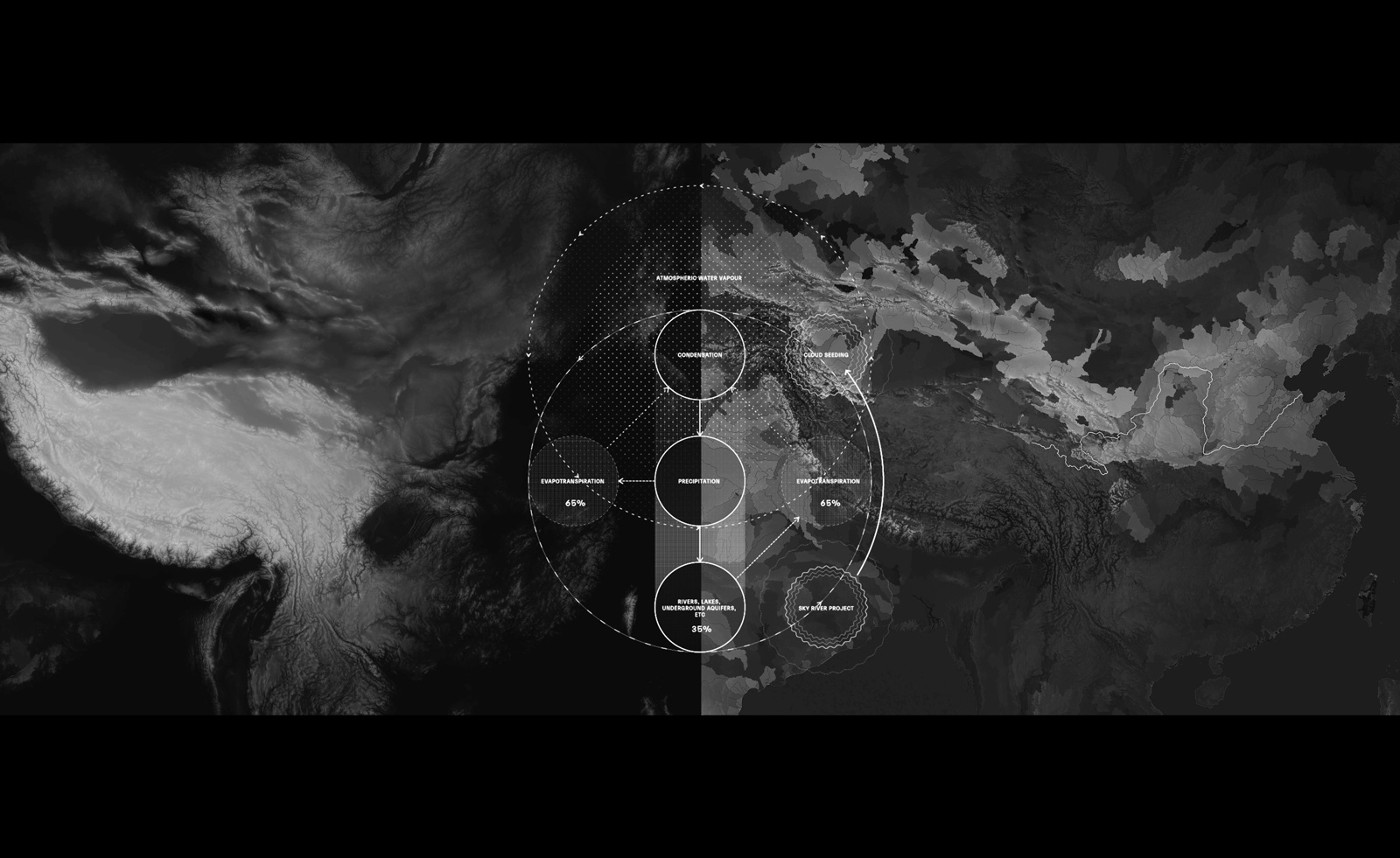
Jingru (Cyan) Cheng has won the 2023 Wheelwright Prize for her project, 'Tracing Sand: Phantom Territories, Bodies Adrift', which focuses on the impact of sand mining and land reclamation.
The award from Harvard University Graduate School of Design (Harvard GSD) supports design research that considers both cultural and architectural perspectives. The $100,000 grant that comes with the prize will support Cheng’s research for two years, including her discoveries into how sand is mined, and visits to rivers in the Mekong Delta in Vietnam, airports in Singapore, rural immigrant communities in China and beaches in Florida, in search of how the everyday material has taken a fundamental role in building communities.

Jingru (Cyan) Cheng scoops 2023 Wheelwright Prize
Cheng was a natural winner for jurors Noura Al Sayeh, head of Architectural Affairs for the Bahrain Authority for Culture and Antiquities; Mira Henry, design faculty at Southern California Institute for Architecture; Mark Lee, chair of the Department of Architecture and Professor of Practice at Harvard GSD; Jacob Riedel, assistant professor in Practice of Architecture at Harvard GSD; Enrique Walker, design critic in Architecture at Harvard GSD; and Sarah M Whiting, Dean, and Josep Lluís Sert, Professor of Architecture, at Harvard GSD.

‘In his book The World in a Grain (2018), American-Canadian journalist Vince Beiser underscores why sand affects each and every one of us: “It is to cities what flour is to bread, what cells are to our bodies: the invisible but fundamental ingredient that makes up the bulk of the built environment in which most of us live,’’’ says Whiting.
‘Cyan Cheng’s Wheelwright proposal takes Beiser’s claim one step further: sand underpins our built environment, but also our global economy. Tracing together material evidence, technological expertise, labour practices, and corporate reach, Cheng’s study has breadth that makes it relevant to every community across the globe, and specificity that promises to reveal hitherto unknown repercussions of this fragile resource.’
‘Tracing Sand examines an increasingly ubiquitous material that is at the base of the production of land and architecture by following its sourcing and consumption, unveiling the increasing entanglement of matter and site, as well as the livelihoods affected by its extraction,’ adds Al Sayeh. ‘By dissecting the complexity of material supply chains and the complicity of architecture in the destruction of natural environments, Cyan’s research bridges opposing sites and actors, from extraction to consumption, local communities to stakeholders. Through a multimedia approach and an in-depth analysis of the guts of hypermodernity, the proposal aims towards a comprehensive shift in the value system of architecture.’







